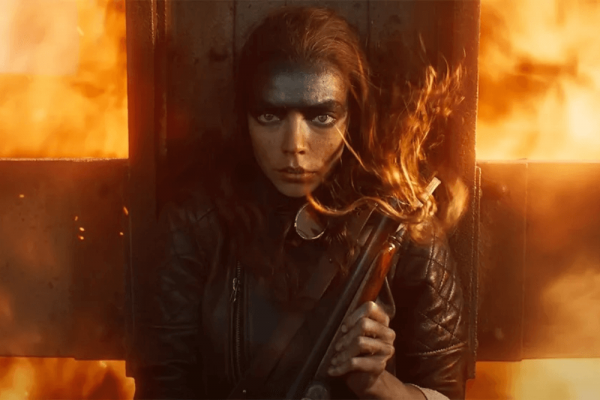May 29, 2024
Fury Road drew on Exodus imagery in Furiosa’s flight from the Citadel, leading her people to a promised land. No surprise, then, that the earlier beats of Moses’ story have striking parallels to Furiosa’s backstory.
Read the Full Article

Already a subscriber? Login
